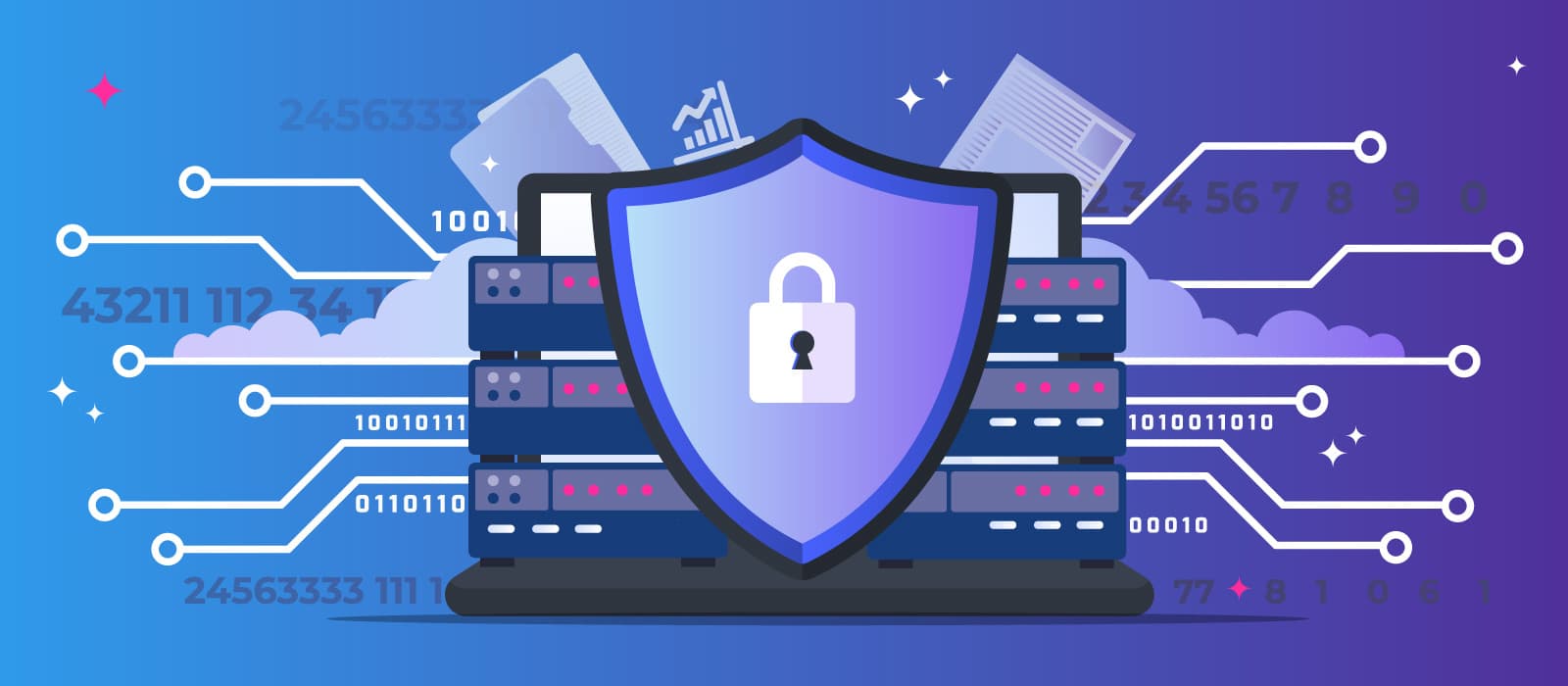In an era where data breaches and cyberattacks have become commonplace, the need for robust cybersecurity solutions has never been more critical. As businesses and individuals increasingly rely on digital infrastructure, the protection of sensitive information is paramount. Enter blockchain technology—a revolutionary approach that offers significant potential for enhancing cybersecurity. In this blog post, we’ll explore how blockchain can secure our digital future and why it’s becoming an indispensable part of cybersecurity strategies.
Understanding Blockchain Technology
Blockchain is a decentralized ledger technology that allows data to be recorded in a way that is secure, transparent, and immutable. Each transaction or piece of data is stored in a “block” and linked to previous blocks, forming a “chain.” This structure ensures that once information is recorded, it cannot be altered without the consensus of the network, making it highly resistant to tampering and fraud.
The Role of Blockchain in Cybersecurity
1. **Enhanced Data Integrity**
One of the most significant advantages of blockchain in cybersecurity is its ability to ensure data integrity. Since each block in the blockchain is cryptographically linked to the previous one, any attempt to alter the data would require changing all subsequent blocks—a practically impossible feat for hackers. This makes blockchain an excellent solution for protecting sensitive information, such as financial records, medical data, and personal identification details.
2. **Decentralized Security**
Traditional cybersecurity systems often rely on a centralized authority, creating a single point of failure. In contrast, blockchain’s decentralized nature distributes data across a network of nodes, reducing the risk of a single point of failure. This decentralization makes it significantly harder for cybercriminals to launch successful attacks, as they would need to compromise a majority of the network simultaneously.
3. **Improved Authentication**
Blockchain can revolutionize identity and access management through enhanced authentication processes. Traditional methods, such as passwords, are vulnerable to phishing and brute force attacks. Blockchain enables the use of cryptographic keys and digital signatures, which are far more secure. Additionally, blockchain-based systems can provide immutable records of authentication attempts, making it easier to detect and respond to unauthorized access.
4. **Secure IoT Networks**
The Internet of Things (IoT) is expanding rapidly, with billions of connected devices worldwide. However, IoT devices often have weak security measures, making them prime targets for cyberattacks. Blockchain can secure IoT networks by providing a tamper-proof way to track and manage the vast amount of data generated by these devices. By ensuring data integrity and providing decentralized control, blockchain can mitigate many of the security risks associated with IoT.
Real-World Applications
Several industries are already leveraging blockchain to enhance their cybersecurity measures:
– **Finance**: Financial institutions are using blockchain to secure transactions, reduce fraud, and streamline operations. For example, blockchain-based smart contracts can automate and secure complex financial agreements.
– **Healthcare**: Blockchain ensures the integrity and privacy of patient records, allowing for secure sharing of information between healthcare providers while preventing unauthorized access.
– **Supply Chain**: Blockchain provides transparency and traceability in supply chains, helping to prevent counterfeiting and ensuring that products are sourced and handled responsibly.
Challenges and Considerations
While blockchain offers many benefits for cybersecurity, it is not without its challenges. The technology is still relatively new, and its implementation can be complex and costly. Additionally, blockchain networks require significant computational power, raising concerns about energy consumption and environmental impact.
Moreover, as with any technology, blockchain is not immune to attacks. Potential vulnerabilities, such as 51% attacks, where a group of miners controls the majority of the network’s computing power, need to be addressed to ensure the robustness of blockchain solutions.
Conclusion
As cyber threats continue to evolve, so must our defenses. Blockchain technology represents a promising frontier in cybersecurity, offering enhanced data integrity, decentralized security, improved authentication, and secure IoT networks. By integrating blockchain into cybersecurity strategies, businesses and individuals can better protect their digital assets and secure the future of our interconnected world.
Embracing blockchain is not just about adopting a new technology—it’s about rethinking how we approach security in a digital age. As we continue to explore and refine blockchain applications, its role in cybersecurity will undoubtedly become more vital, paving the way for a safer and more secure digital future.




